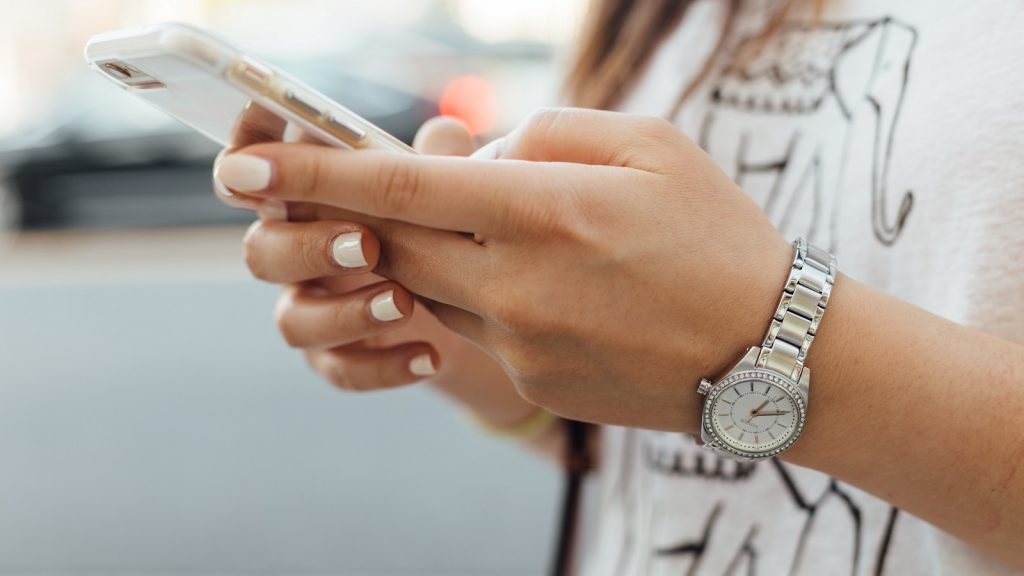Living in the Scroll
If your thumb has permanent muscle memory from swiping, you’re part of South Africa’s device-scroller generation. Phones are no longer accessories; they’re extensions of identity. Whether you’re bingeing Reels on the couch, sending voice notes from a taxi, or tracking your delivery on Mr D, the phone is both your stage and your lifeline.
Digital life in South Africa isn’t just active, it’s hyperactive. On average, South Africans spend more than nine hours a day online, one of the highest rates globally. Those hours are a mix of hustle, humour, and human connection, often all happening at once.
No ad to show here.
How the Scroll Became a Lifestyle
Scrolling has evolved into something deeper than distraction. For many, it’s a form of expression and economic survival. Side-hustlers use WhatsApp to sell everything from baked goods to braids. TikTok creators use humour to turn street culture into storytelling. Instagram isn’t just for flexing anymore, it’s for commerce, activism, and collaboration.
The “scroll economy” has blurred the lines between work and play. Every like, comment, and DM is potential currency. That’s what makes South Africa’s digital ecosystem unique, it’s rooted in community and improvisation.
“Our phones are where culture lives now,” says digital sociologist Dr. Zinzi Mabaso. “They’ve become spaces of creativity, connection, and control. They reflect who we are and what we aspire to.”When the Meme Becomes the Message
Meme culture has become South Africa’s unofficial language. From “load shedding survival tips” to jokes about data bundles and Eskom, humour helps people cope. WhatsApp groups are now virtual braais, where opinions fly, aunties gossip, and someone’s always sending the wrong voice note.
Even brands are catching on. Campaigns that once lived on billboards now play out in group chats. The best marketers know that if your message doesn’t fit in a meme, it probably won’t land at all.
The Flip Side of Constant Connection
Of course, all that scrolling comes with a cost. Digital fatigue is real. Notifications, algorithmic noise, and endless comparisons drain attention. Psychologists warn that constant stimulation can fragment focus and heighten anxiety.Still, disconnecting feels impossible when so much life happens through a screen, from paying bills to ordering food. Digital wellness advocates recommend screen-free “mini detoxes” during meals or bedtime. The irony? Most of us read those tips on our phones.
Why the Scroll Still Matters
The phone isn’t the enemy. It’s the canvas for a connected generation. South Africans have turned digital spaces into living, breathing communities, filled with humour, hustle, and hope. The challenge now is to use those tools intentionally.o the next time you catch yourself laughing at a meme or forwarding a video to the family group, remember this: you’re part of a national experiment in modern storytelling. The scroll is our mirror, our marketplace, and sometimes, our therapy.
The era of the device-scroller isn’t coming, it’s already here. The only question left is whether we control the scroll, or it controls us.
